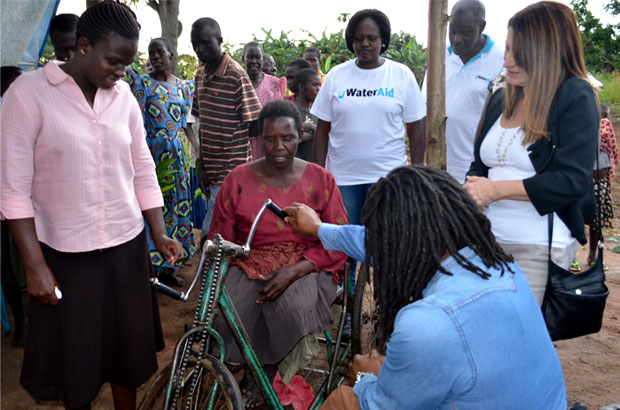The world has been guilty of turning a blind eye to the challenges, discrimination and abuse people with disabilities - especially women and girls - can face every day. They are disproportionately some of the poorest and most marginalised in the world, meaning there is a direct link between gender, disability and poverty.
This was the theme of the first event I participated in just now at the annual UN Commission on the Status of Women.
Being a woman or girl with a disability often also brings the risk of violence and abuse - anecdotal evidence suggests even twice as much. And this abuse comes even, sometimes especially, from their closest family members.

As the DFID minister responsible for disability and as the UK's ministerial champion for tackling violence against women overseas, I have made it my mission to ensure both disability and violence against women become key priorities in international development.
Although DFID is already doing some great work on disability - particularly around inclusive education, water and sanitation, and social protection - I felt this work was not mainstreamed enough. That's why I announced new DFID commitments last year: that all schools directly funded by DFID will be fully accessible and to improve the data on disability which is so essential to understanding where and what the exact challenges are. And I'm working on more new commitments, so watch this space over the coming months!
But this is a global challenge and it needs a global effort to tackle it.
We now have a once-in-a-generation chance to finally put disability high up on the global agenda. Over the next 18 months the world's leaders will negotiate the post-2015 development framework, and I'm going to be doing everything I can to make sure that no one is left behind.
Keep in touch. Sign up for email updates from this blog, or follow Lynne on Twitter.

Recent Comments